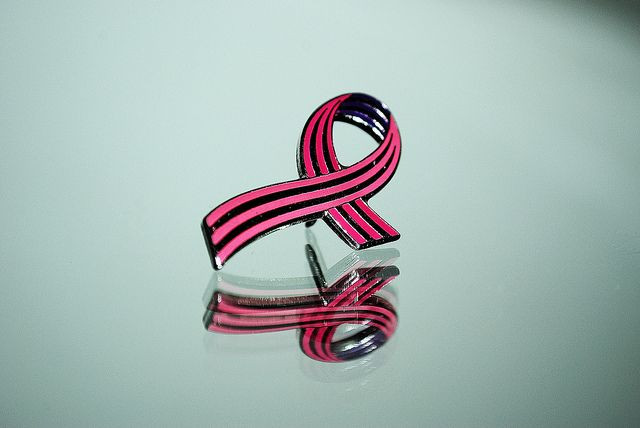Artificial Intelligence May Be Able To Predict Remission Or Resistance To Certain Drugs Used To Treat Breast Cancer

As technology advances, so does the artificial intelligence (AI) that drives it. One day soon, you’ll walk into a CVS and IBM’s supercomputer Watson will be able to diagnose your problems (much to Stephen Hawking’s chagrin ). Or maybe your doctor will have a robot assisting him in surgery. As AI improves, one group of Western University researchers is hedging a bet that AI will be able to predict your response to breast cancer chemotherapy.
In a study published in Molecular Oncology, Dr. Peter Rogan and his team of researchers at Western's Schulich School of Medicine and Dentistry describe how they’re using AI to predict a patient’s response to two common chemotherapy medications — paclitaxel and gemcitabine — used to treat breast cancer. The researchers found through genetic analysis of their tumors that patients with the same type of cancer tended to have different reactions to the same medication. While some patients responded well and went into remission, others started to build a resistance to the medication.
The study suggests that the best way to develop personalized treatments is to recognize the genetic factors that lead to resistance or remission. "Treating patients with therapies that are the most likely to be successful can help reduce unnecessary toxicity and improve overall outcomes," co-author Dr. Stephanie Dorman said in a press release.
In 2012, the researchers began to locate a stable set of genes in 90 percent of breast cancer tumors. With 40 genes, including the stable genes they had searched for, the researchers then combined the AI with data from cell lines and tumor tissue from cancer patients who used either paclitaxel or gemcitabine in their treatment. The AI then narrowed down and identified the genetic signatures that determined whether the patient would resist the medication or go into remission with its help.
This data allowed the researchers to accurately predict 84 percent of women who went into remission after undergoing treatment with the drug paclitaxel. Gemcitabine’s genetic signature, on the other hand, was able to predict remission accurately 62 to 71 percent of the time using preserved tumor tissue.
With this information, the researchers hope to continue improving the accuracy of genetic signatures. "Artificial intelligence is a powerful tool for predicting drug outcomes because it looks at the sum of all the interacting genes," Rogan said. "If we can use this technology to improve our knowledge of which medications to use, it could improve patient outcomes. The earlier we treat a patient with the most effective medication, the more likely we can effectively treat or possibly even cure that patient."
Source: Dorman, S. Rogan, P, et al. Genomic signatures for paclitaxel and gemcitabine resistance in breast cancer derived by machine learning. Molecular Oncology. 2015.



























